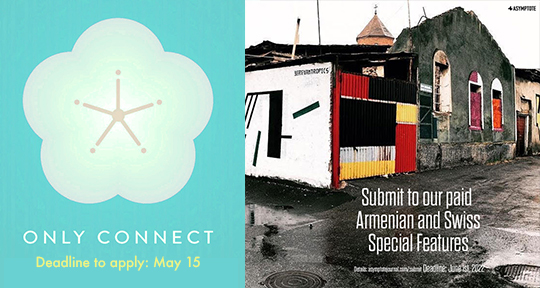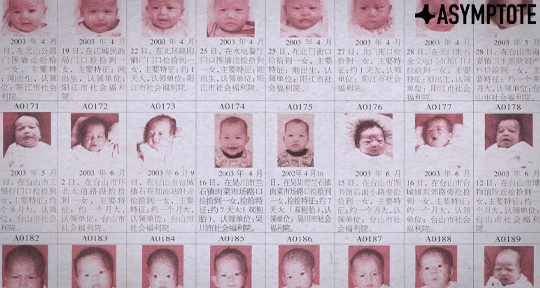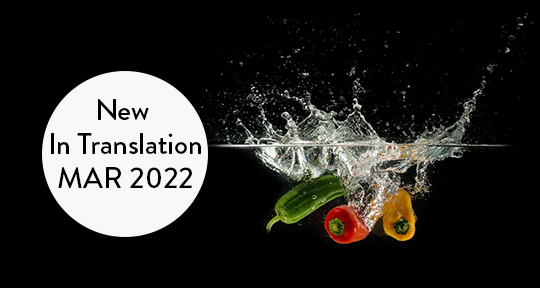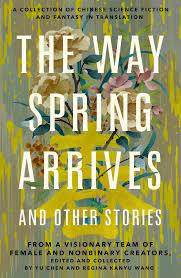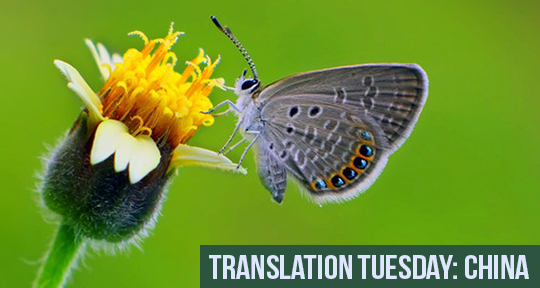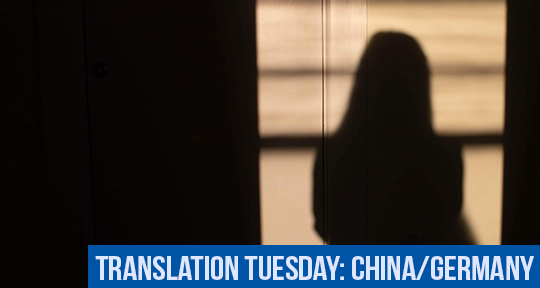Book fairs, festivals, competitions, new publications—the literary world this week is filled with a flurry of events and announcements. From the ongoing debate between culture and commerce in Bueno Aires, to new releases from Hong Kong icons Dung Kai-Cheung and Xi Xi, to a celebration of poetry debuts in Haskovo, to a renewal of a beloved book festival in Karlskrona, the world of letters has no shortage of things to offer.
Josefina Massot, Editor-at-Large, reporting from Buenos Aires
In his opening speech at the 46th Buenos Aires International Book Fair, author Guillermo Saccomanno issued a complaint: “When we talk about a fair,” he declared, “we’re talking about commerce. This is a trade fair rather than a cultural one, even if it claims to be the latter. At any rate, it represents an understanding of culture as commerce.” What’s more, he added, the country’s dire economic situation does not bode well for the Spanish-speaking world’s largest industry event.
Saccomanno was both right and wrong: right that the Fair’s pursuits are largely commercial, wrong that they’d be somewhat of a bust this time around. Perhaps to make up for two years of pandemic torpor, over 1.3 million visitors crowded La Rural’s sprawling halls in just under three weeks, from April 28 to May 16—a 30% increase relative to pre-pandemic figures. Sales, too, went up by about 10-20%.
In addition to bestselling genre sensations (American John Katsenbach among them), the Fair featured critically acclaimed writers from over forty countries. Stand-outs included Peruvian Nobel Prize winner Mario Vargas Llosa, Chileans Diamela Eltit and Paulina Flores, Spaniard Jorge Carrión, and locals Mariana Enriquez, Selva Almada, and Guillermo Martínez. There were over 1,500 book stands on display, helmed by everything from multimedia conglomerates to artisanal press co-ops, as well as over 1,000 programmed events that spanned readings, conferences, panels, book signings, and courses for every taste and age group.
It would be impossible, given this near embarrassment of riches, to mention just one or two based on quality alone. I’ll appeal to our journal’s métier, then, and focus on a few events related to the art (and, yes, the commerce) of translation. READ MORE…


